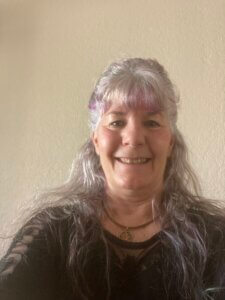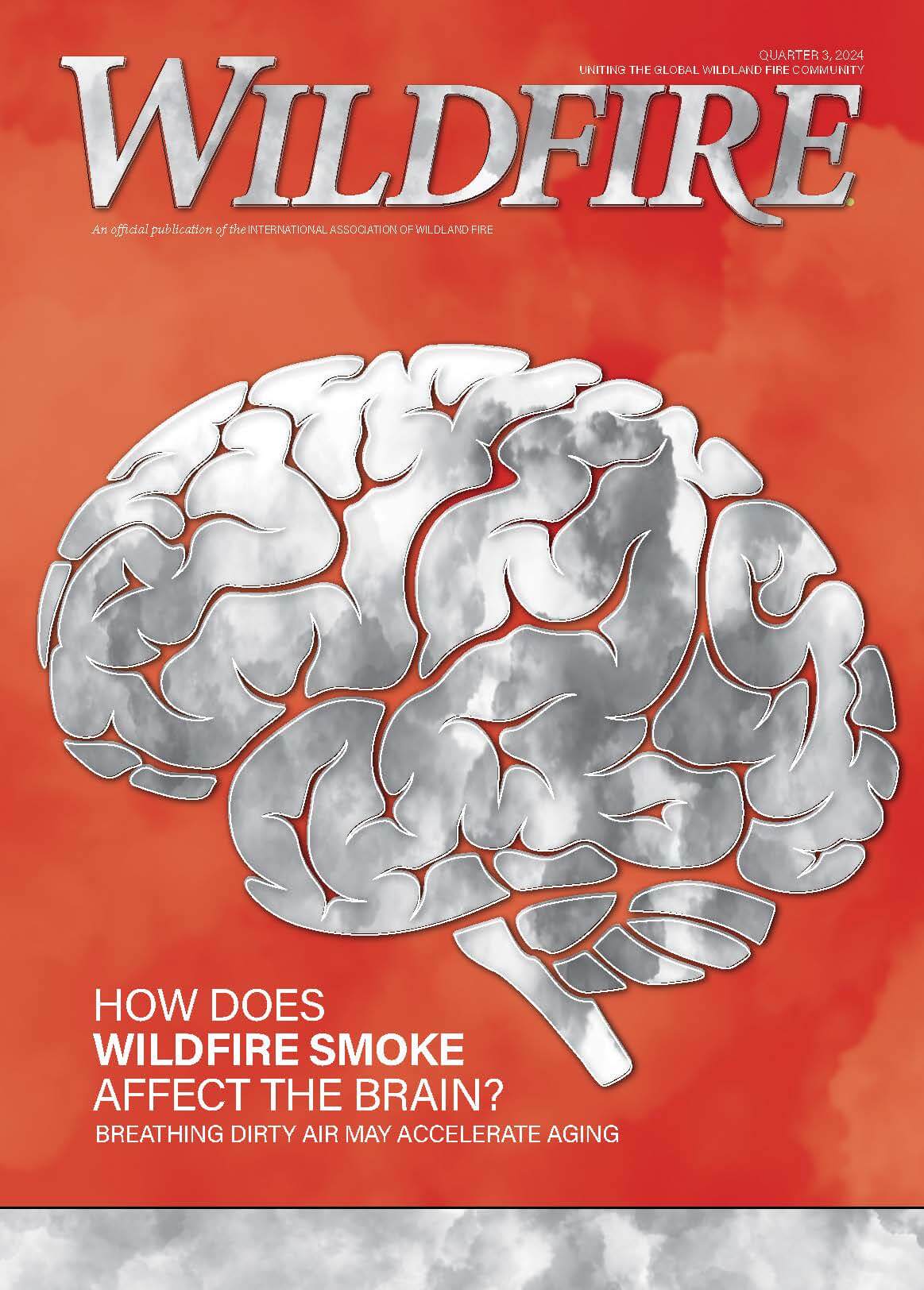Processing Grief through a Burned Bear
BY BEQUI LIVINGSTON
According to Psychology Today, “grief is the normal human response that accompanies loss and can be complex, unpredictable and painful.”
I never expected to write this column about grief. I had another column completed and ready to send, then life changed, in a heartbeat. That’s how grief works – we have no idea it’s coming, until it’s here, on the doorstep, begging for our attention.
Our village of Ruidoso, New Mexico, was recently devastated by two separate wildfires, sandwiching the small communities of Ruidoso, Ruidoso Downs, and Mescalero within fire’s mighty grip. Like forceps that were holding the communities hostage, slowly clamping down, forcing the evacuations of the affected residents. The wildfires, on opposing sides, forced the closure of two main exit routes during the evacuation, leaving only one way out, to the east, creating a nightmare of bumper-to-bumper traffic. Many residents chose to stay behind rather than face the traffic. Many who stayed ended up being unsung heroes, feeding and rescuing pets that were left behind, checking on people’s properties, and ensuring that the people and pets that stayed had food and water. I have never seen anything like it. It absolutely warms my heart.
Sadly, the wildfires ended up consuming more than 1,500 homes and businesses. In a matter of hours, people’s mementoes and livelihoods became distant memories. All the while, first responders were doing everything they could to protect the village while ensuring that residents were evacuated to safety. Sadly, many first responders, including the fire chief, police chief, and several Smokey Bear Hotshot crewmembers who were involved in the initial attack efforts, lost their homes while they were being of service to the community they love. How ironic that we celebrated Smokey Bear’s 80th anniversary in August, on the heels of this disaster. The South Fork wildfire burned much of the Smokey Bear Ranger District on the Lincoln National Forest.
It was hard enough to come to terms with the wildfire devastation, but then Mother Nature unleashed her fury with flooding, the likes of which our village has never experienced. Monsoonal thunderstorms camped over the burn scars, unleashing a deluge of water and ferocity, turning the highway into a raging river. And the rains continued, day after day after day, each time bringing another round of blaring emergency sirens, sending residents scrambling to safety, protecting their homes and loved ones. Sadly, another 200plus structures were lost to the flooding, and three lives were lost, one a former retired Smokey Bear Hotshot who died during the evacuation.
Many residents and business owners chose to leave the area while others stayed to rebuild this amazing community. How do we come to terms with these unprecedented series of events? How do we begin to make any sense of what has occurred? And how do we, as a community, begin to heal together?
As wildland firefighters we experience so much grief, trauma and loss during a single fire season, yet as first responders, we’ve been conditioned to compartmentalize our grief and traumatic stress to get through fire season. Yet this compounded and chronic grief affects every fiber in our being, even when we don’t recognize it. Grief always comes on the heels of loss – of a loved one, a pet, a home, finances, jobs, identity, possessions, health, and hopes and dreams. In the case of Ruidoso, all the losses are real and compounded.
When we look grief in the eyes, it has so much to tell us – so much wisdom, if only we’ll listen. I thought I had done a great job healing from a lifetime of grief and trauma, until this happened. Then, it all came streaming back in an instant, on the back of a burned bear. I’ve been providing emotional support to residents and first responders alike. I was in the Upper Canyon area, where I once lived, driving down the quaint street along the Rio Ruidoso River. I stopped at two houses where I used to live, side by side, in disbelief. Just down the street, not 100 yards away, two houses were destroyed by the wildfire and the houses across the street, damaged by the deluge of continuous flooding. As I walked around one of the houses, I was stunned to see a carved bear in the remnant of a tree, burned and blackened beyond recognition. That’s when the grief hit me: it literally took me to my knees, crying in agony of the immense loss in this community that I call home, and the beautiful thing is that I let myself sob.
Grief comes in many shapes and sizes. There’s no timeline and no expiration date when it comes to grief; we all experience it in our own way. There are systematic stages of grief that have been identified by Elizabeth Kubler-Ross that include denial, anger, bargaining, depression, and acceptance. Yet, none of those terms makes sense to me, at least not now. I use terms that I can relate to – shock, disbelief, numbness, guilt, connecting the dots, shutting down, and coming to terms with these losses the best way that I can. I always encourage others to find their own language and terms related to their experience with grief.
With grief also comes differing symptoms that manifest somatically (in the body), symptoms like depression, anxiety, insomnia, confusion, dissociation, busyness, fatigue, despair, hopelessness, stomach issues, pain, illness, tension, and addictions, among others. Our bodies always tell us what they need, or don’t need, especially when grief appears; it’s the nervous system’s way of protecting us and keeping us safe while helping us make sense of what doesn’t make sense. This is the time to be gentle with yourself, and your experiences, as long as it takes, especially as a wildland firefighter. Grief and all the accompanying emotions are normal reactions to loss.
Although we can temporarily compartmentalize grief, I guarantee that it will not go away. Grief may take time to manifest, sometimes years, but it will always be there until we take the time to begin the healing process and face our grief. Humans were never meant to heal alone; we need others who understand our losses and can validate and empathize with our grief. We need community, camaraderie, peers, friends, family and professionals to help us navigate our way through grief.
To my fellow wildland firefighters, past and present, I hope you’ll come to understand your own experiences with grief and loss and find ways to ask for support, as a crew and as a wildland community. We have all experienced grief, whether we believe it or not. May you be well and safe this 2024 wildland fire season.
 Bequi Livingston was the first woman recruited by the New Mexico-based Smokey Bear Hotshots for its elite wildland firefighting crew. She was the Regional Fire Operations Health and Safety Specialty for the U.S. Forest Service in Albuquerque, New Mexico. Contact her at [email protected] face:
Bequi Livingston was the first woman recruited by the New Mexico-based Smokey Bear Hotshots for its elite wildland firefighting crew. She was the Regional Fire Operations Health and Safety Specialty for the U.S. Forest Service in Albuquerque, New Mexico. Contact her at [email protected] face:
